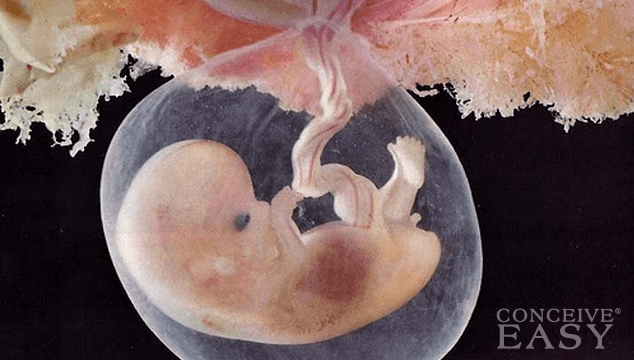 Infertility affects millions of people every year. Turning to in
vitro fertilization (IVF) could give you the family you want – but the
process can be confusing.
Infertility affects millions of people every year. Turning to in
vitro fertilization (IVF) could give you the family you want – but the
process can be confusing.Dr. Richard Scott, from the Reproductive Medicine Associates of New Jersey, spoke with Dr. Manny Alvarez, senior managing health editor for FoxNews.com, about the most important questions to ask before going through IVF.
 Is your facility safe?
Is your facility safe?The best way to make sure you’ll be getting good care, Scott said, is to ask your doctor how many embryos they typically implant in each patient. That number should be one or two, in order to minimize risk and prevent multiple births.
“The single greatest myth is that IVF results in high order multiple pregnancies, triplets and quads,” Scott said. “The good programs today don’t see any triplets or quads and many, many fewer twins. So we get patients pregnant much more quickly with much less fuss, and we almost always get good outcomes.”
Are you going to the right doctor?
When it comes to finding a doctor, Scott said that it is important to look for a reproductive endocrinologist – an OB-GYN who has done three additional years of specialty training to learn how to care for a variety of disorders, including infertility.
“They should have a strong background both on the clinical side and the scientific side of infertility and in particular, in vitro fertilization,” Scott advised.
Once you find a doctor, be sure to ask how long they expect your treatment to last.
“The average patient today, from the time we first see her till the time they are pregnant, is less than five months,” Scott said. “This is quick. There is no reason to waste time or energy.”

How expensive will it be?
When it comes to money, Scott said that patients should expect to pay between $8,000 to $10,000 for IVF treatments.
“Programs that are excessively expensive are unnecessary, and programs that are the bargain base don’t usually have the facilities to provide quality care. You want to be somewhere in the middle range,” Scott recommended.
Does your facility have access to the latest technology?
Scott and his colleagues are at the forefront of new IVF technologies, using a technique called preimplantation genetic diagnosis (PGD) to increase success rates, especially for older patients who have fewer viable eggs.
“Eight or nine out of 10 of (the embryos) in the older patient are going to be abnormal, the wrong amount of genetic material,” Scott said. But Scott and his colleagues can now take these cells, test them, and know within just hours whether or not an embryo is normal.
“By doing that comprehensive chromosomal screening, a type of PGD, we can take a patient who is 43, 44, 45 and make her Down syndrome risk less than when she was 21,” Scott said.